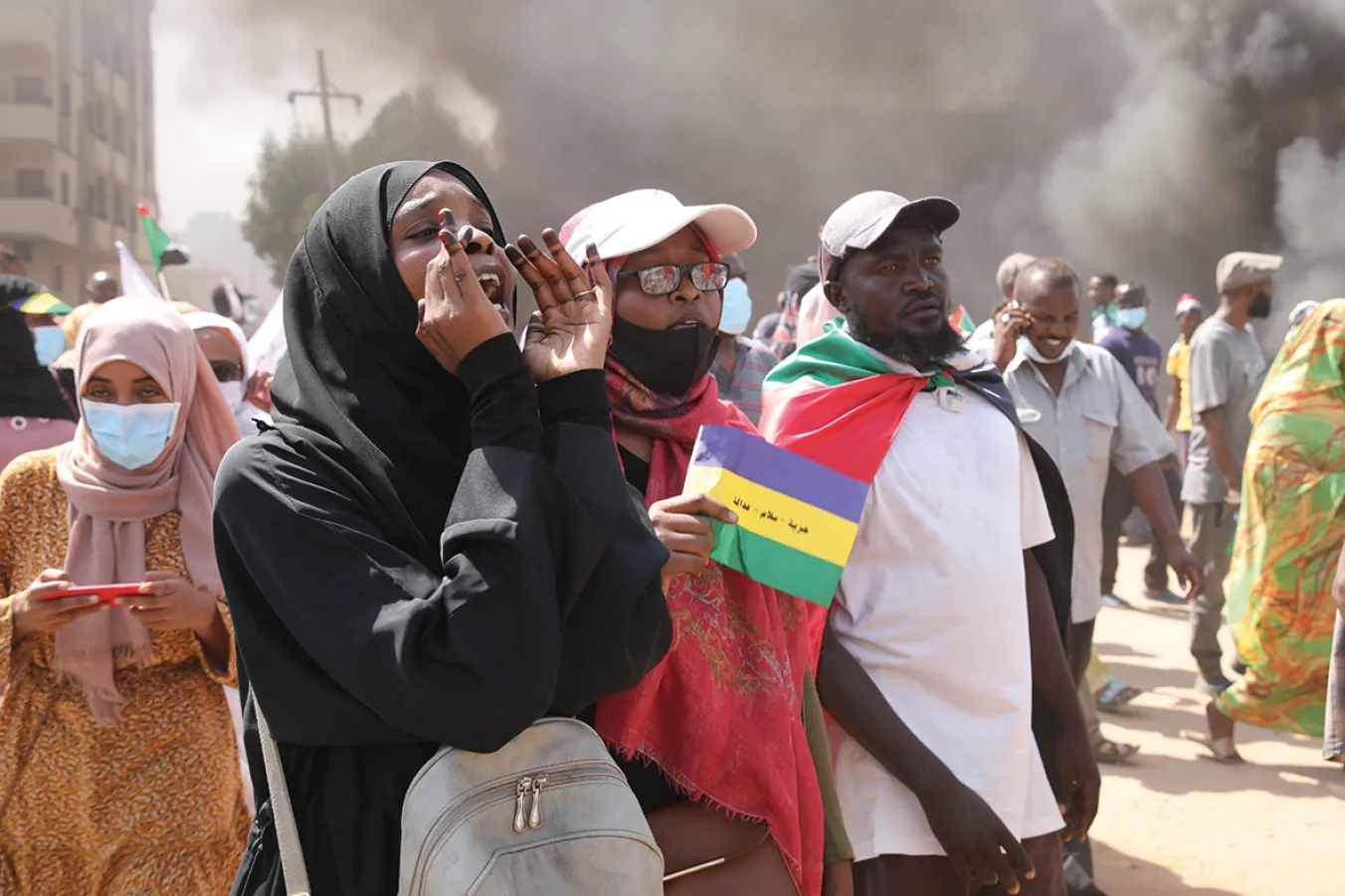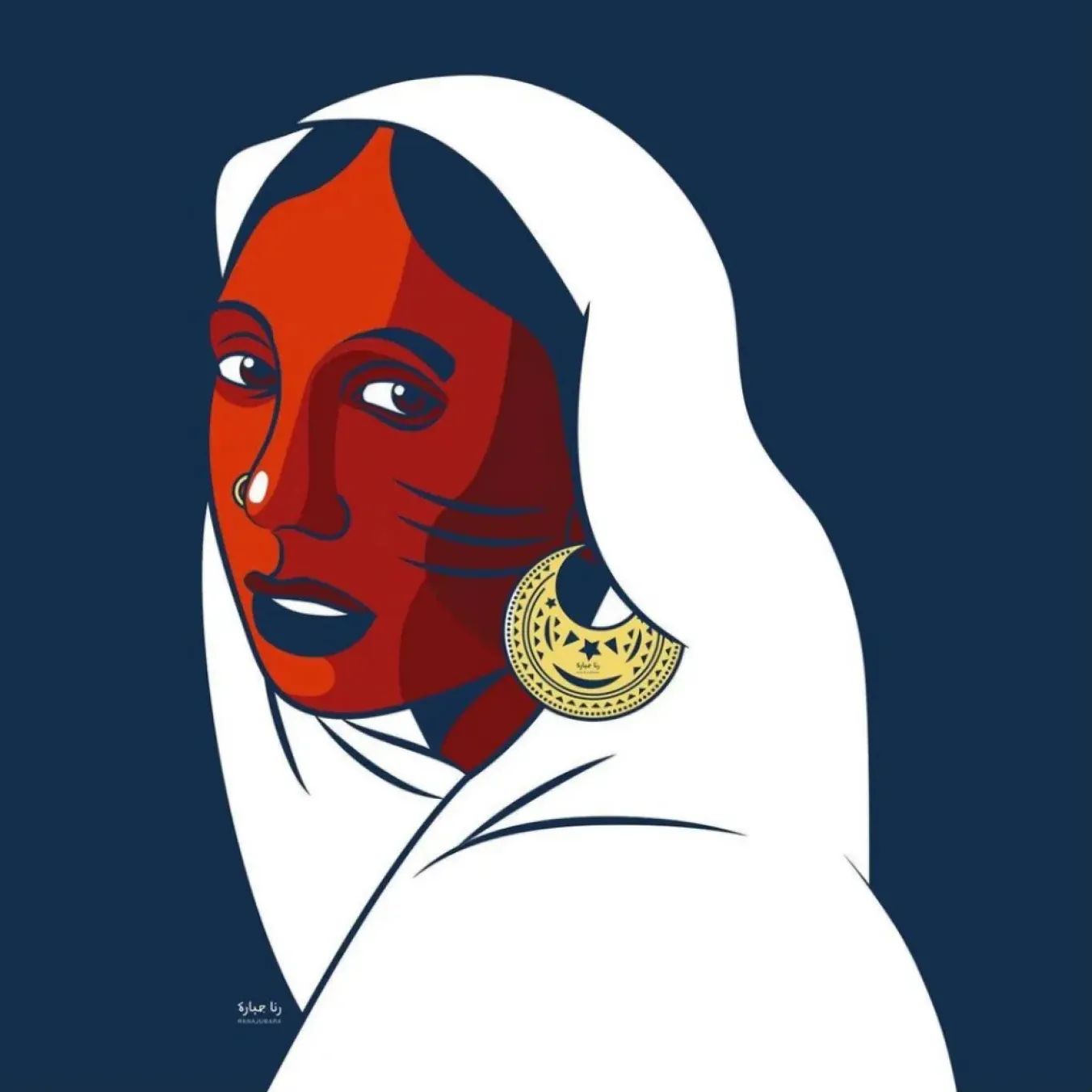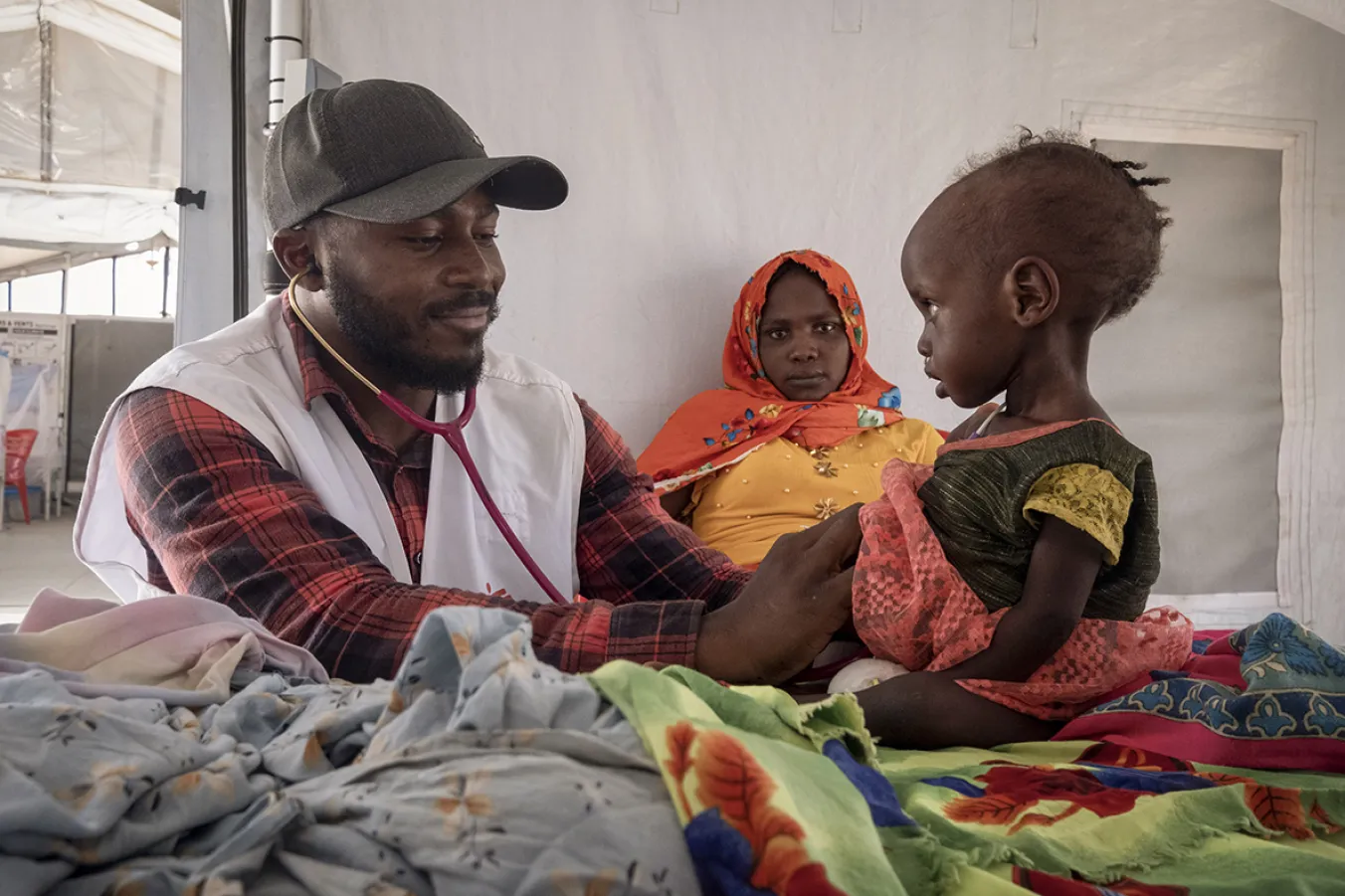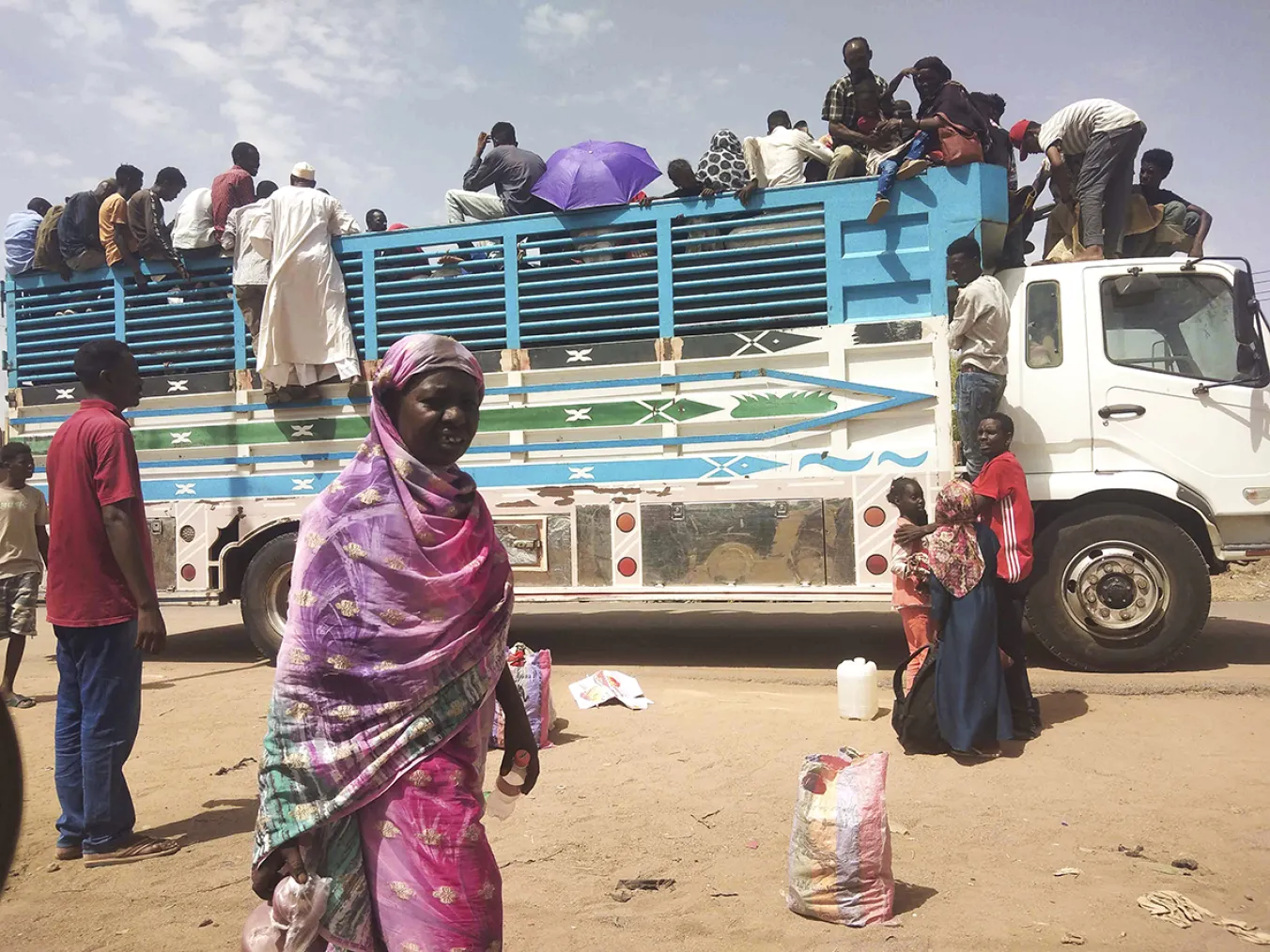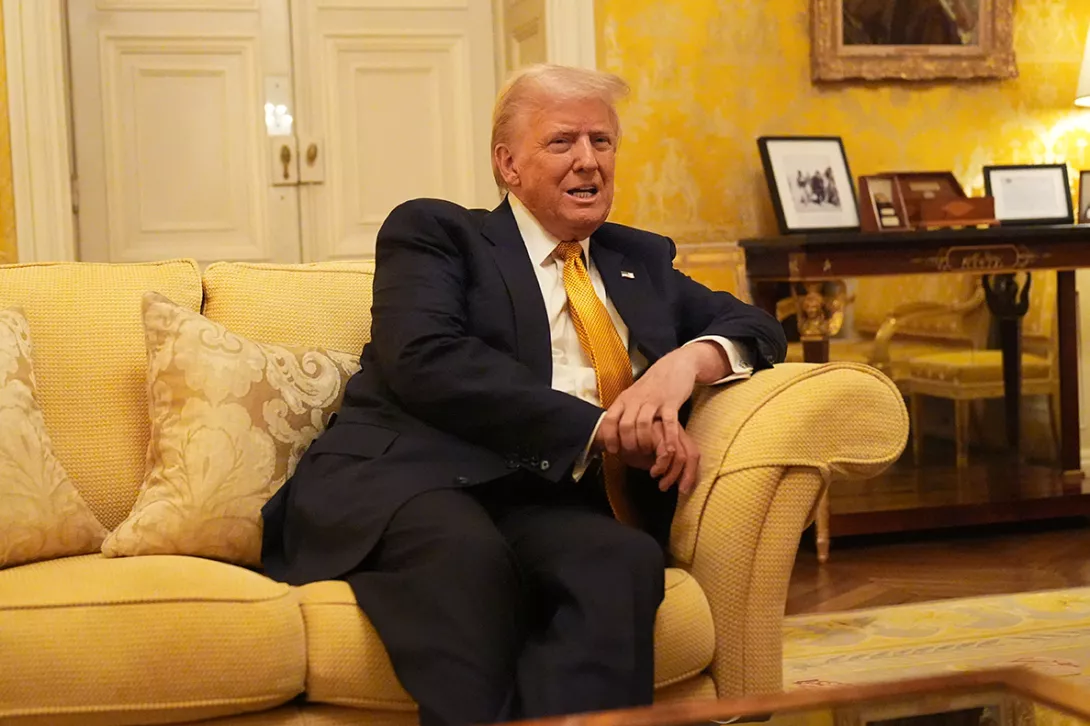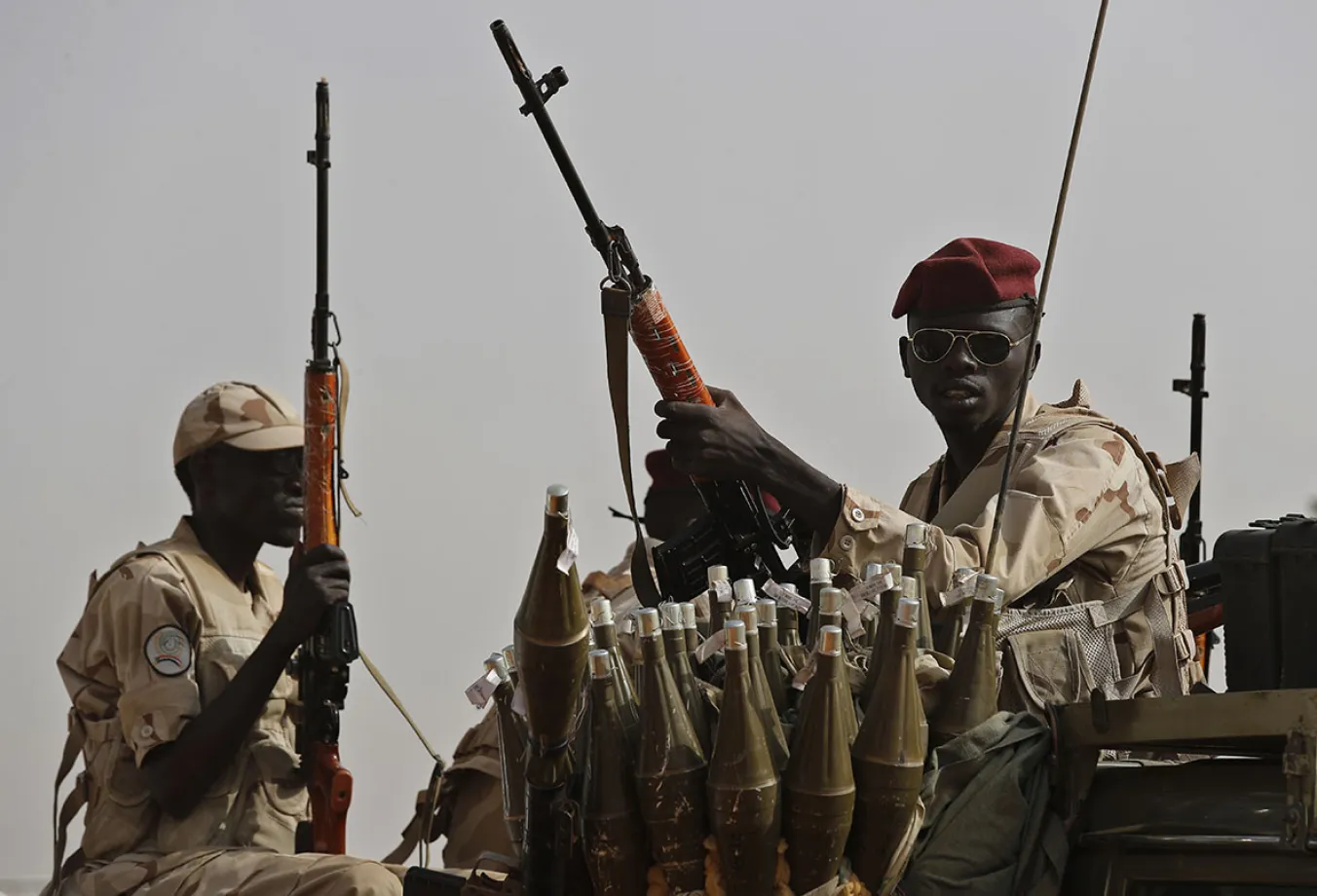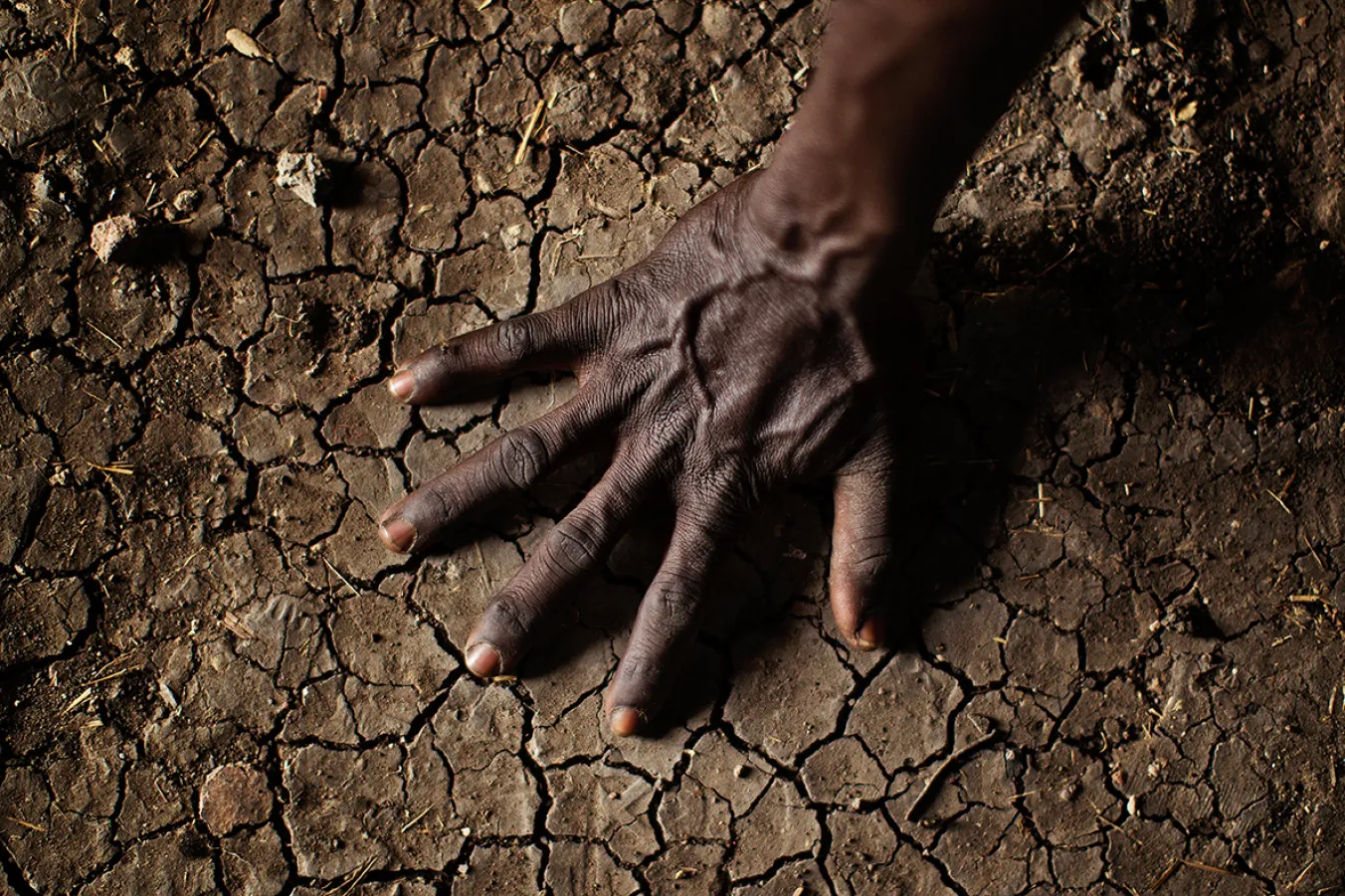
ON MONDAY December 18 2023, when the commanding Sudan Armed Forces (SAF) general ordered his troops to leave Wad Madani, he surrendered the second largest Sudanese city to the advancing militias of the Rapid Support Forces (RSF).
Wad Madani had been a safe haven for hundreds of thousands of people previously displaced from Khartoum, the capital, as well as other cities and villages. However, knowing and having experienced the brutality of the RSF militias, a majority of those people began their second journey fleeing south and east out of the city.
Since April 15 2023, the former allies and main supporters of the previous regime, led by Omar al-Bashir, have been engaged in a bitter and catastrophic war. Both sides are accused of committing grave crimes, including ethnically motivated killing and detention, torture, and sexual violence.
